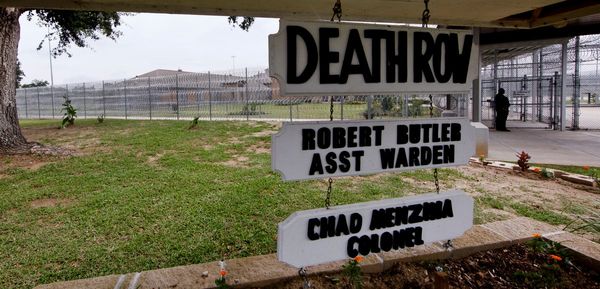
As President Donald Trump enters his second term in office, he is making significant changes to his use of executive authority. In recent weeks, Trump has been utilizing his powers to target perceived political enemies, both within and outside the government.
During his initial days in office, President Trump wasted no time in leveraging his position as commander in chief to take action against those he views as adversaries. His recent decisions, such as revoking former President Joe Biden's security clearance, restructuring the Kennedy Center board, and dismissing the national archivist, further demonstrate his commitment to this approach.



Trump's actions reflect a clear intention to settle both new and old scores, with a belief in his administration's ability to navigate any legal challenges that may arise as a result. Despite previous statements suggesting a focus on national success over retribution, revenge has remained a prevalent theme throughout Trump's tenure, including his reelection campaign.
Throughout the summer, Trump and his allies have been vocal about seeking retribution, particularly following his conviction on multiple felony counts in a hush-money trial. The president has openly called for the imprisonment of individuals he perceives as enemies, ranging from Justice Department prosecutors to members of the House select committee investigating the Capitol attack of January 6, 2021.







